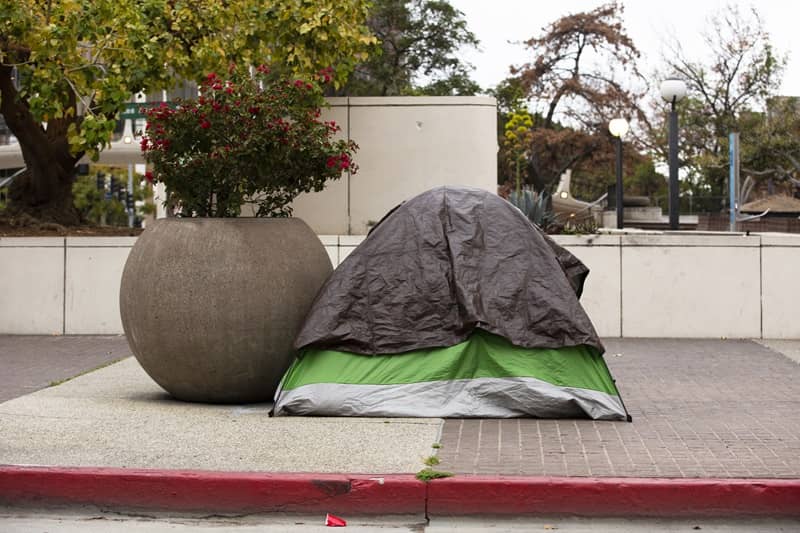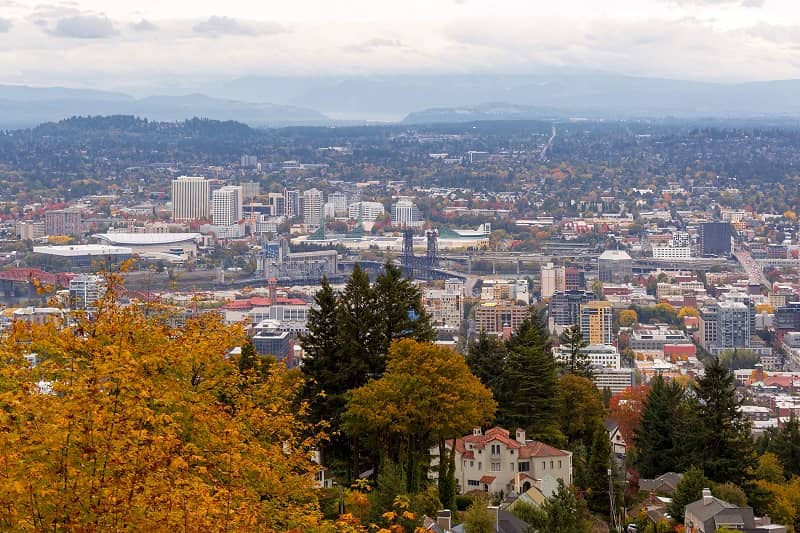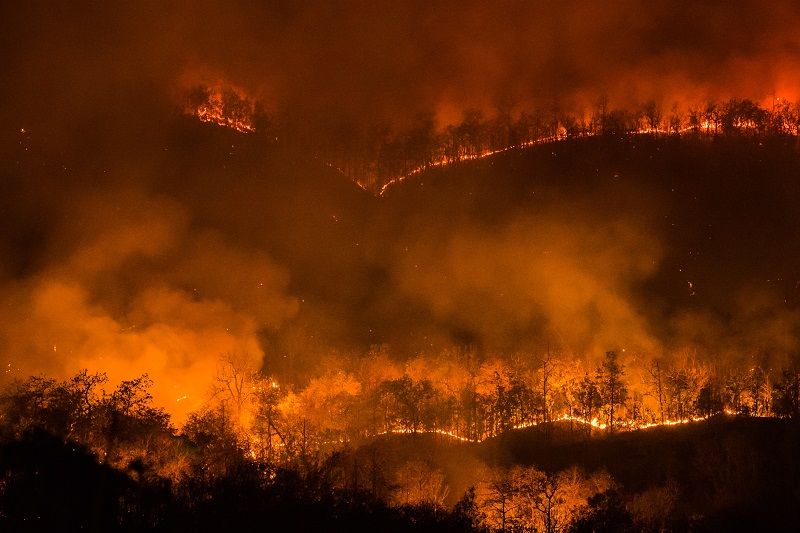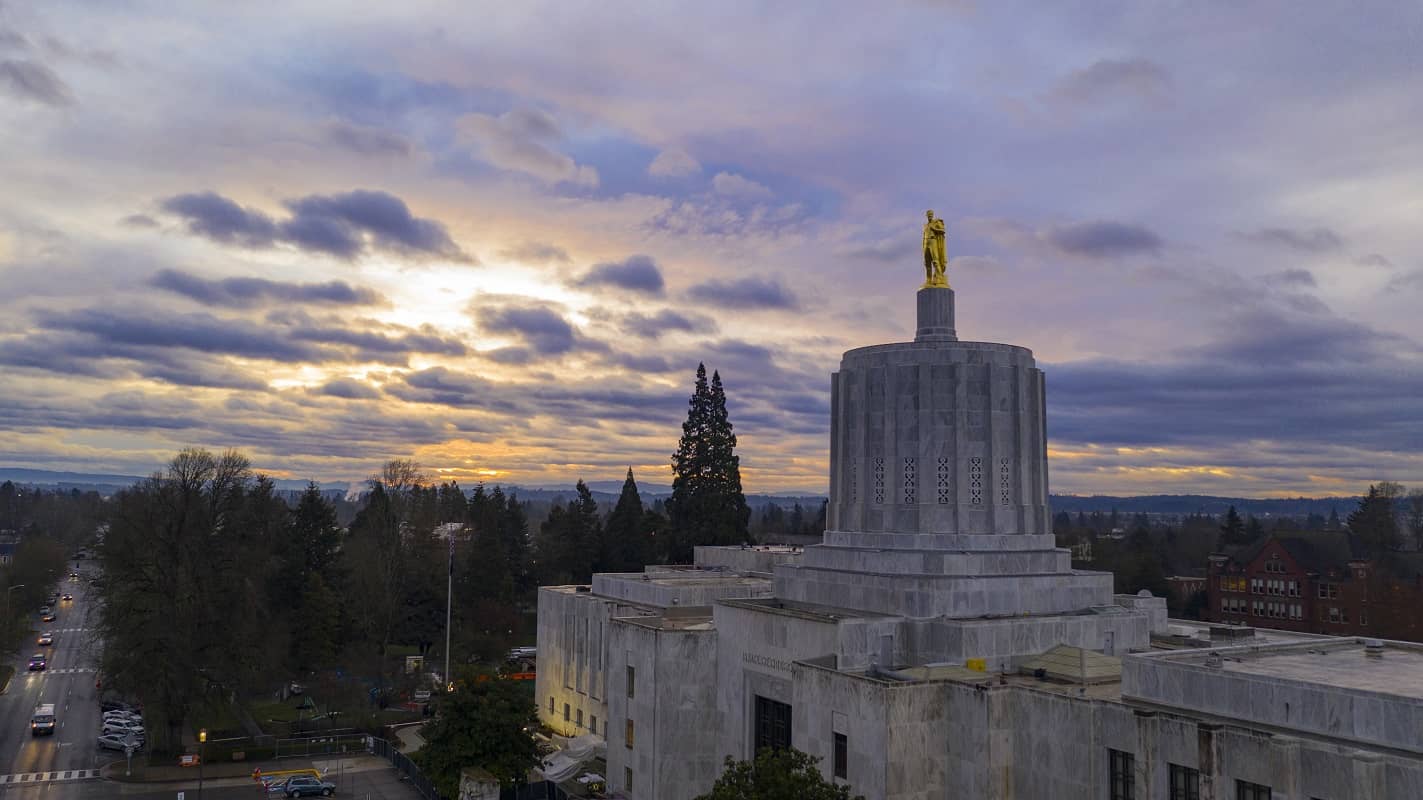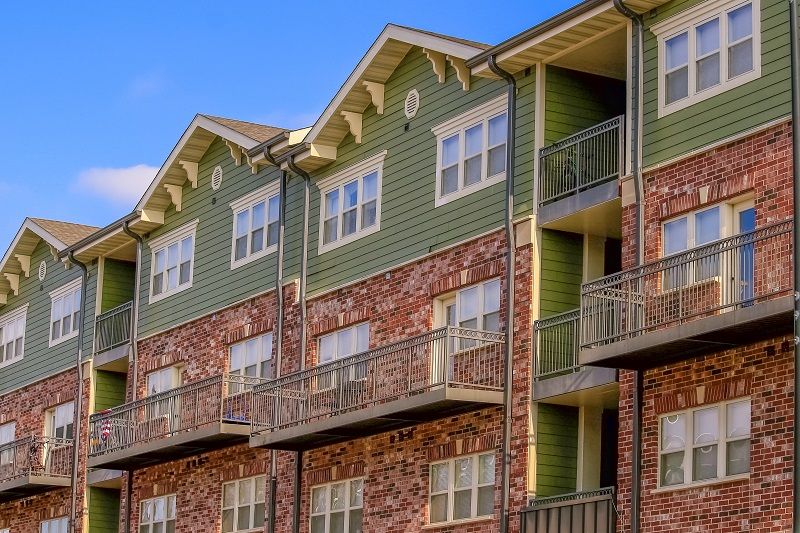By John A. Charles, Jr.
This week the U.S. Supreme Court heard oral arguments in the case Johnson v. City of Grants Pass. The central question is whether local ordinances that prohibit people from camping on public property constitute “cruel and unusual punishment” under the Eighth Amendment.
Based on prior rulings in the 9th Circuit court of appeals, western states have been limited since 2018 in what they can do to prevent people from using parks, sidewalks and streets as campgrounds. A successful class action lawsuit against the City of Grants Pass on behalf of homeless people resulted in long-term camping in a city park, preventing residents from using the park for recreational purposes.
Although some people have criticized Grants Pass for allegedly making it illegal to be homeless, that is not the issue. Cities and counties simply need clear authority to prohibit camping in certain public spaces, while designating other spaces as legal places to sleep for people who lack permanent shelter.
Enforcing those rules is not cruel; it’s essential to the livability of our communities. The sooner the Supreme Court clarifies this matter, the sooner we can implement real solutions to the problem of public spaces being permanently converted to unsanitary campgrounds.
John A. Charles, Jr. is President and CEO of Cascade Policy Institute, Oregon’s free market public policy research organization.
